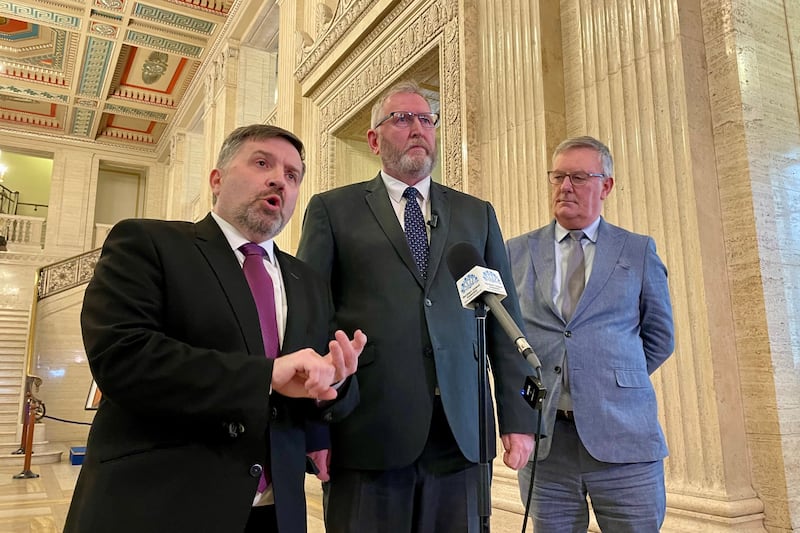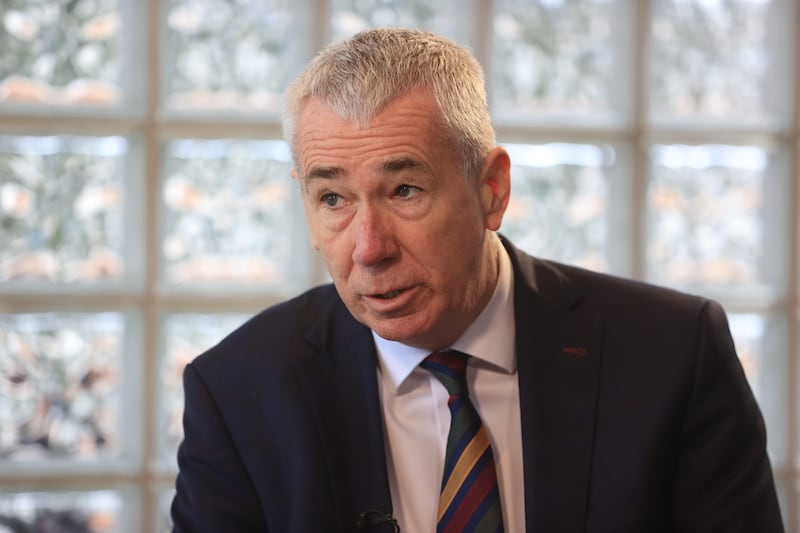With the pressure rising inexorably on public finances, it is essential that taxpayers' money is spent wisely and efficiently. The Audit Office has highlighted that this may not always be the case.
In a scathing report on public procurement - which is the purchasing of the goods, services and construction works needed to deliver public services - comptroller and auditor general Dorinnia Carville said the process remains open to perceptions of "widespread failure and financial waste".
Procurement accounts for around a quarter of the north's total budget, and it is profoundly worrying that the organisation in charge - the Procurement Board - cannot demonstrate that we are getting value for money.
Public finances are especially in the spotlight at present, as we await details of just how deep the cuts imposed by secretary of state Chris Heaton-Harris will be and on what services the axe will fall.
A group which represents more than 50 public bodies across all nine Stormont departments and accounts for over two thirds of public expenditure is the latest to sound the alarm over the reductions that lie ahead.
The Public Sector Chairs' Forum says that cuts of up to 20 per cent on 2022-23 spending have been indicated. In a letter to Mr Heaton-Harris, it has warned that this "non-strategic approach is neither practical nor cost-effective" and puts in jeopardy "our ability both to deliver key services and support their essential transformation".
The forum has also pointed out that we are already a month into the new financial year and departments have still not received "a definitive budget". This has served only to heap further pressure on public bodies.
The ultimate failure for the lack of a conventional budget process lies with the DUP. It becomes more apparent by the day that the longer its illogical boycott of the Assembly continues, the more harm is inflicted on the public.
But Mr Heaton-Harris and the Conservative party's approach to Northern Ireland must also share the blame. It would have been helpful if the secretary of state had, for example, offered some certainty over this year's budget long before the start of the financial year.
He appears to believe that forcing drastic cuts on services, even if it affects the most vulnerable in our society, will somehow force the DUP back into government.
At best, this is wishful thinking and hopelessly naïve; at worst, it is another version of the same cynical game of political intransigence that the DUP is playing by allowing the public to become collateral damage. The answer to bad government cannot be even more bad government.






